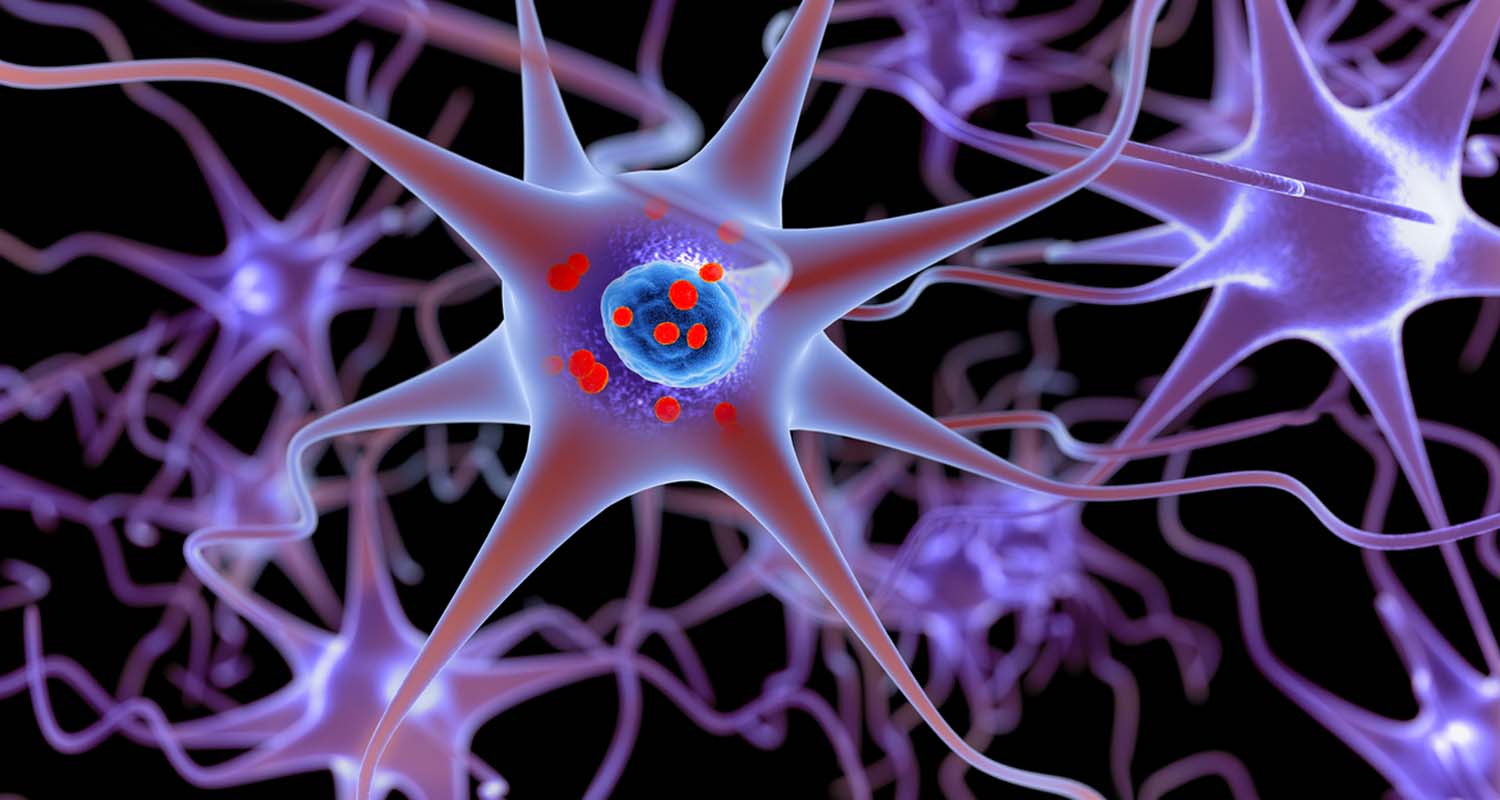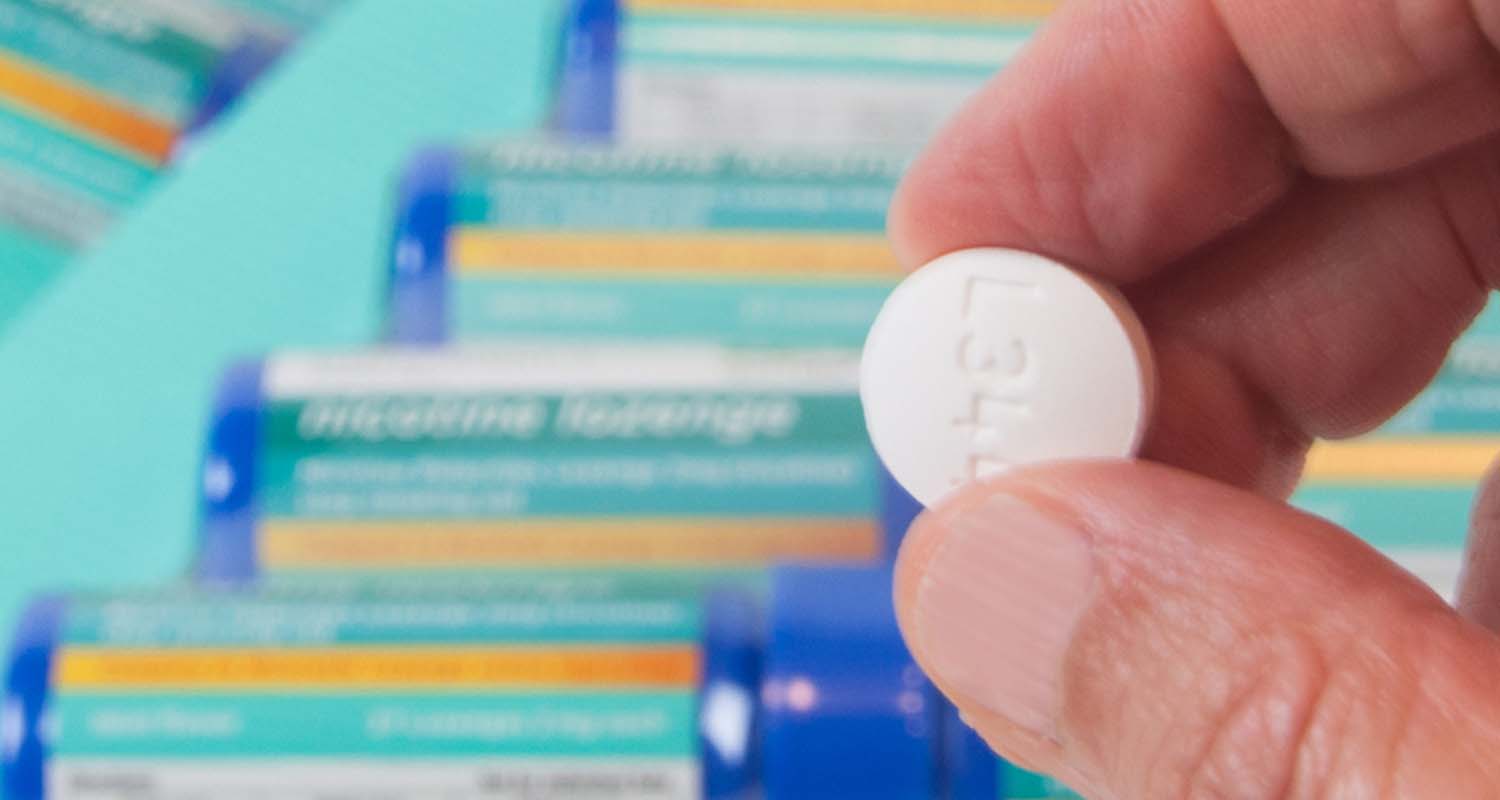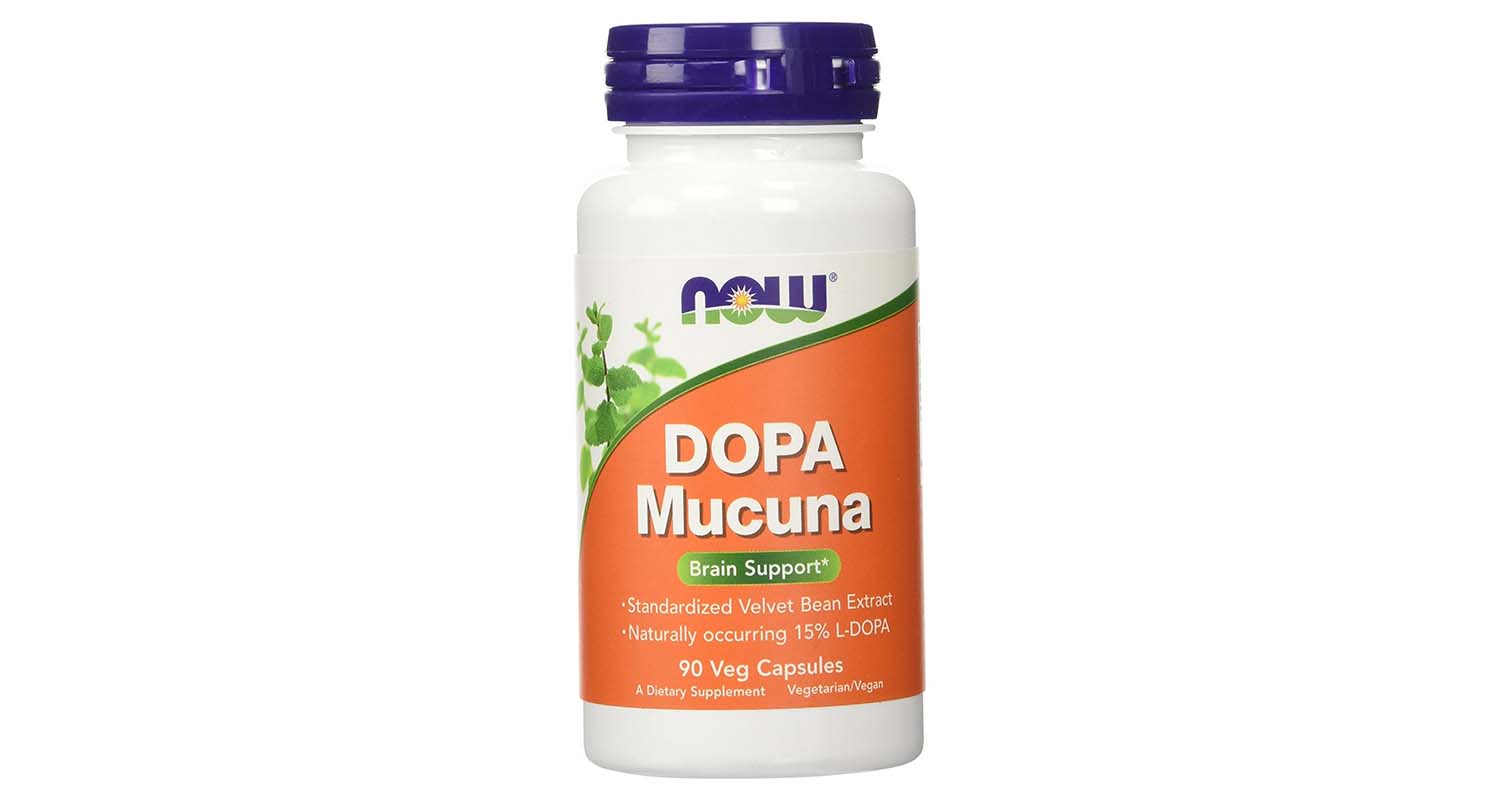Move over, kale smoothies. Chlorophyll detox water is the elixir everyone’s sipping these days. Chlorophyll — the molecule that gives plants their green color and aids in photosynthesis — is chock full of vitamins and nutrients, and helps rid the body of toxins. Here, the benefits of chlorophyll, plus, a chlorophyll detox water recipe.
Chlorophyll’s benefits
Why is every wellness junkie downing liquid chlorophyll? Studies find that chlorophyll supplementation naturally decreases hunger[ref url=”https://www.ncbi.nlm.nih.gov/pubmed/23632035″] and induces weight loss.[ref url=”https://www.ncbi.nlm.nih.gov/pubmed/24993695″] It’s also a terrific detoxifier because it promotes the production of liver enzymes that aid the body’s natural elimination process.[ref url=”https://www.ncbi.nlm.nih.gov/pubmed/7788866″] These enzymes bind to unwanted materials in the liver and transport them safely out of your body.
You can easily up your chlorophyll intake by consuming more green, leafy vegetables. Or you can add drops of liquid chlorophyll to water or smoothies. Make your own chlorophyll detox water with the simple recipe below. It’s so good, even your kids will drink it (especially if you tell them it’s mermaid juice.)
Chlorophyll Detox Water
Ingredients:
- 8 ounces Lemon FATWater
- 1 teaspoon liquid chlorophyll
- 1/2 teaspoon ginger powder
- 1 squeeze of fresh lemon juice
- *Pinch of salt
*Salt is to taste, as it gets rid of the “earthy” flavor of the chlorophyll.
Instructions:
- Mix all the ingredients together.
- Stir until the ginger powder and salt are dissolved.
- Top with ice and drink up!
Serves: 1
Nutrition Facts (Per Serving):
- Calories: 11
- Carbs: 1g
- Fat: 1g
- Protein: 0g
- Sodium: 1g
- Sugar: 1g



 With dopamine being essential for mental function, emotions, and mood, it’s no wonder this magic bean also boosts the mood. Dopamine regulates the release of various hormones and is known to calm the nervous system.
With dopamine being essential for mental function, emotions, and mood, it’s no wonder this magic bean also boosts the mood. Dopamine regulates the release of various hormones and is known to calm the nervous system. If you feel like you have ADHD tendencies, mucuna may help you stay on task. Adderall, the attention deficit drug, keeps you focused by blocking the reuptake of dopamine, so there’s more of it floating around your nervous system.
If you feel like you have ADHD tendencies, mucuna may help you stay on task. Adderall, the attention deficit drug, keeps you focused by blocking the reuptake of dopamine, so there’s more of it floating around your nervous system. A study involving 120 men showed Mucuna pruriens to reduce stress and improve quality of semen in infertile men. Sixty men were undergoing infertility screening, and the other 60 were healthy men who had initiated at least one pregnancy. The men were given 5 grams of mucuna pruriens powder a day for 3 months. They were also given a psychological stress assessment, and their cortisol levels were tested. After the 3 months, the results showed a significant decrease in cortisol levels and an increase in sperm count to the same level as the fertile men.[ref url=”https://www.ncbi.nlm.nih.gov/pmc/articles/PMC2816389/”]
A study involving 120 men showed Mucuna pruriens to reduce stress and improve quality of semen in infertile men. Sixty men were undergoing infertility screening, and the other 60 were healthy men who had initiated at least one pregnancy. The men were given 5 grams of mucuna pruriens powder a day for 3 months. They were also given a psychological stress assessment, and their cortisol levels were tested. After the 3 months, the results showed a significant decrease in cortisol levels and an increase in sperm count to the same level as the fertile men.[ref url=”https://www.ncbi.nlm.nih.gov/pmc/articles/PMC2816389/”]
